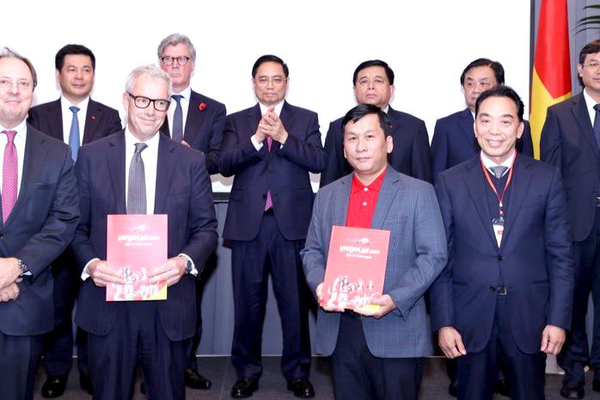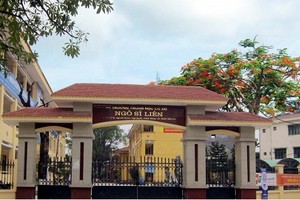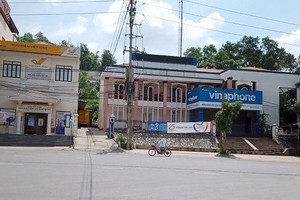Most of the big investment funds in the world still have not been interested in Vietnam’s stock market, since they fear macroeconomic risks, especially policy risks, according to the well known financial expert Quach Manh Hao.
While Vietnamese economists remain optimistic about Vietnam’s stock market and say on local newspapers that Vietnam, in the eyes of foreign investors, is an attractive newly emerging market, Hao, who has returned from a big international investment workshop, said that big investment funds in the world still have not been interested in Vietnam.
In an article posted on Saigon tiep thi newspaper, Hao wrote that there are many reasons which make foreign investors hesitant about injecting their money in Vietnam’s stock market.
“My understanding is that 90 percent of foreign investors do not have any interests in Vietnam’s stock market,” Hao said.
In fact, some foreign investors are now eyeing Vietnam as an attractive market to invest in, but they are in minority.
 |
Hao related that on the sideline of the international finance conference held in London in late September, an old friend of his, a foreigner, who is now a representative of a US-based bank, asked him “Please tell me why do we have to be interested in Vietnam’s stock market?”
Hao could not find any reasonable answers. Vietnam has maintained high economic growth rates for many consecutive years. However, its economic growth rate is far below China’s. in terms of the growth rate of the stock market, Vietnam is still inferior to Indonesia or the Philippines. Meanwhile, the top priority of investment funds is the profit which they can anticipate and obtain within a short time
During the conference, Hao had a chance to talk to a lot of analysts and policy makers, who are in charge of drawing up investment strategies for their big investment funds. From these conversations Hao learnt that foreigners still hesitate invest in Vietnam.
The two biggest worries that they mentioned in the talks with Hao are the fear about the exchange rate fluctuations and the worry about the possible high inflation in Vietnam.
The policy makers said the inflation rate in Vietnam tends to increase again. The interest rates of bank loans have remained highfor a long time, which has hindered the domestic production. Vietnam’s import revenue is forecast to increase, meaning that the trade deficit will be high, which would lead to the depreciation of the local currency and other problems.
Besides, they also mentioned the so-called “policy risks”. In the US, when the Federal Reserve (FED) plans to adjust any policies relating to the interest rates or money supply, they always send messages to the public. For example, when it says that the US economy growth is slowing down, this means that FED may preserve the interest rates or keep the interest rates at low levels.
Meanwhile, in Vietnam, foreign investors find it very difficult to anticipate policies, so that they can draw up development strategies for themselves.
Regarding investment products, investment funds all say they still do not know what they will do if they come to Vietnam. Several days ago, local newspapers reported “good news” that Citibank, a leading bank in the US, has begun negotiations to buy a securities company in Vietnam. the bank just did the same thing before in Malaysia, Indonesia and Philippines. Meanwhile, Vietnam proves the final country Citibank thinks about.
However, the real good news that Hao would like to share is that representatives of some investment funds have said they put high hopes on Vietnam’s stock market by 2012, when Vietnam, under the WTO commitments, will have applied the new policies giving foreign investors more opportunities to join Vietnam’s market.




















